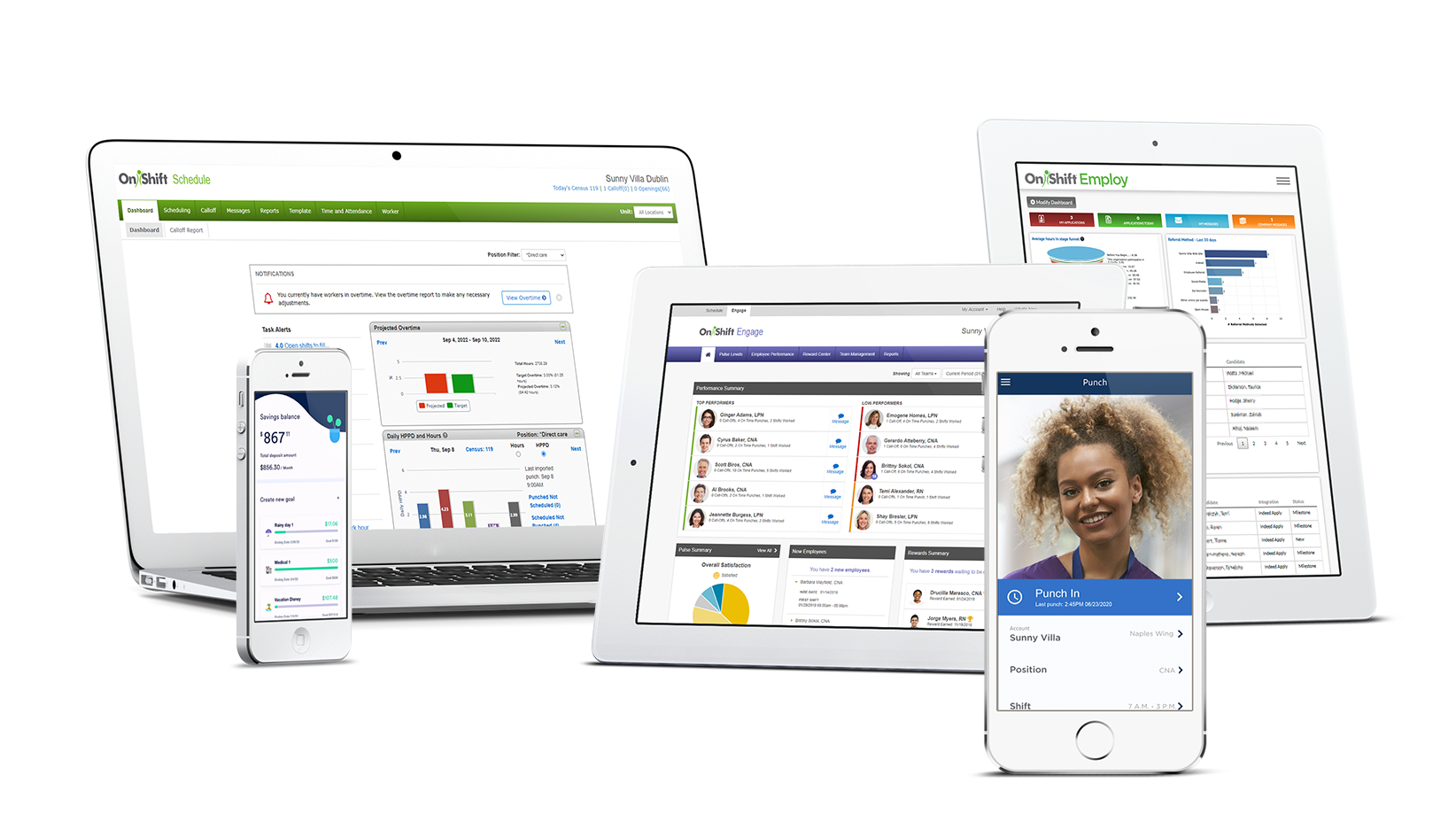July 14, 2016 | Mike Pumphrey
July 14, 2016 | Mike Pumphrey
 Do you ever go to your refrigerator at dinner time to see what food you have available to create a meal? And once you take a look there just doesn’t seem to be anything there--and so you order takeout? Or maybe you head to the grocery store to buy more food. I know this happens to me from time to time. Even though there is food in the fridge or pantry, I don’t seem to be able to create a meal from the resources available--but perhaps with a little creativity or better planning, I could.
Do you ever go to your refrigerator at dinner time to see what food you have available to create a meal? And once you take a look there just doesn’t seem to be anything there--and so you order takeout? Or maybe you head to the grocery store to buy more food. I know this happens to me from time to time. Even though there is food in the fridge or pantry, I don’t seem to be able to create a meal from the resources available--but perhaps with a little creativity or better planning, I could.
A similar phenomenon often occurs in senior care scheduling. If there are gaps in your schedule, it may seem like there is no solution but to resort to calling-in staff that is at risk for going into overtime.
None of these options are the best way to use your staffing resources. So how do you optimize your workforce and make the best staffing decisions possible? Here are two important steps to take in order to successfully manage open shifts.
This will help in a couple of ways. Employees that are hired as full-time have the expectation to work those hours, so if they are not being scheduled to a full-time workload you are creating more work for yourself. Not only are you creating unnecessary open shifts but you are probably paying a premium to fill those shifts through unnecessary overtime or shift bonuses. Plus, you are paying for their benefits when they aren’t actually working a full time schedule.
Conversely, staff that was hired as part-time may be scheduled as a full-time employee. While some employees may appreciate the extra hours, others may be disgruntled that their hours are much higher than expected. Additionally, any employees working full-time hours must be provided benefits according to the Affordable Care Act. To ensure that your community remains in compliance with ACA regulations, leverage tools that can help you track hours of part-time employees and alert you before they enter full time status.
When staff hours are being maximized, you may find you have fewer gaps than you thought. As a result, you can reduce your reliance on excess overtime and shift pick-up bonuses.
Often, schedulers will have their list of “go-to” employees that they know are always willing to pick-up shifts. This can create the feeling that there is some inequity in the way open shifts are given out. Offer open shifts to all qualified staff (but try to weed out those who are at risk for going into overtime).
It can be challenging and time-consuming to manage open shifts, so one suggestion is to utilize technology to automate the process. Adopt tools that provide visibility to your staff of open shift opportunities so that they can proactively request additional shifts and if needed allow you to contact a desired group of employees at once using text message, or whatever communication method they prefer. This is really helpful for filling those dreaded call-offs as well.
Staff will appreciate having more control over their own schedule and giving them a voice may mean you have better response to your requests to fill shifts. Staff will feel more valued and engaged when open shifts are filled in a fair, transparent way.
The bottom line is this—take another look in the refrigerator. You probably have most of what you need to cook up a great schedule for your community.
Subscribe to the OnShift Blog
Recent Posts
Categories
About Mike Pumphrey
Mike Pumphrey is Vice President of Product Marketing at OnShift. His expertise in staffing and labor management strategies in long-term care and senior living is foundational to his role leading OnShift’s Product Marketing team. Mike works hand-in-hand with state and national associations, senior care providers, and with OnShift’s Customer Success and Product teams to create impactful best practices aimed to help solve the daily workforce challenges in senior care. Mike shares insights, research and recommendations to improve clinical, operational, and financial outcomes through regular blog posts and conference speaking engagements.
See for yourself why thousands of providers rely on OnShift’s innovative software for recruitment, hiring, workforce management, pay and engagement. Request your personalized demo today.
